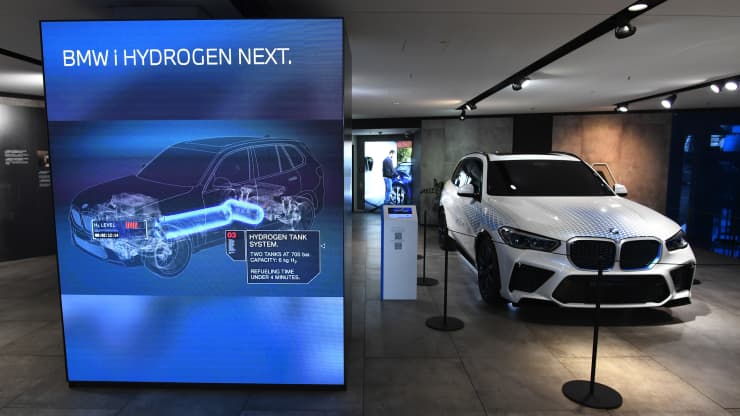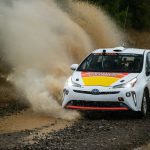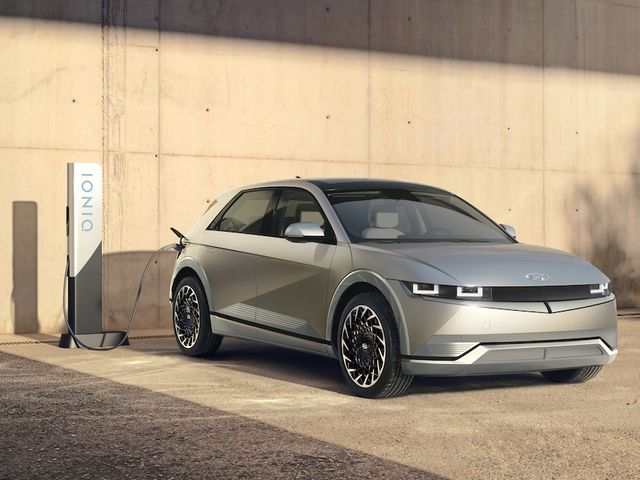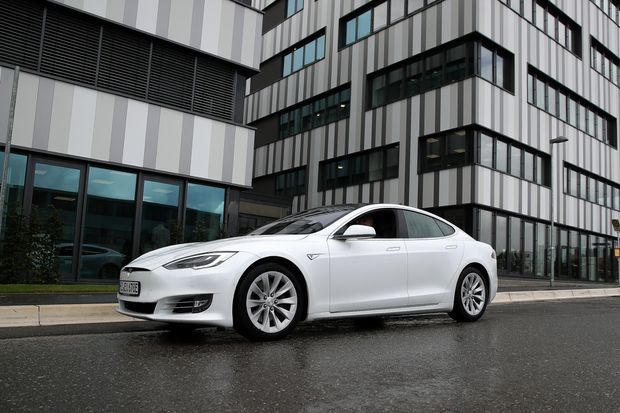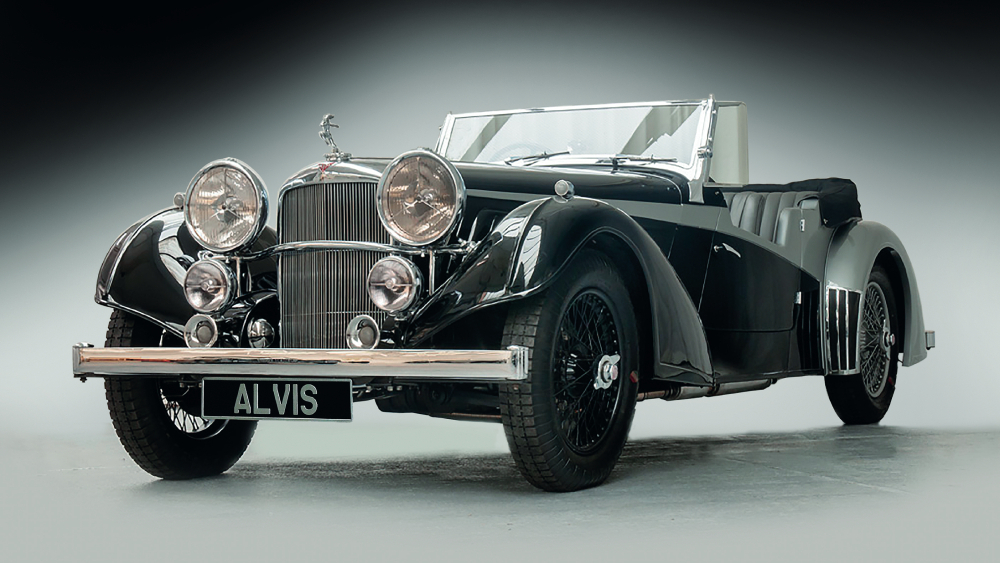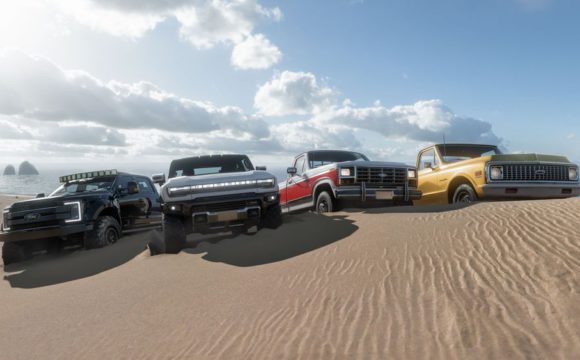The BMW Group has embarked on an innovative journey to evaluate cars that utilize hydrogen fuel cell drivetrains. This ambitious initiative involves testing their technology under real-world conditions on European roads, aiming to pioneer the next generation of sustainable driving.
Real-World Testing of BMW’s Hydrogen Fuel Cell Cars
In a recent statement, BMW announced that prototypes of the BMW i Hydrogen NEXT are undergoing rigorous testing. These tests focus on a range of metrics, including efficiency, safety, and reliability. BMW describes hydrogen fuel cell technology as a long-term, viable solution to complement internal combustion engines, battery-electric vehicles, and plug-in hybrids.
The Potential of Hydrogen Fuel Cells
Hydrogen fuel cell technology could eventually become a compelling alternative to battery-electric powertrains. This is particularly relevant for consumers who lack access to electric charging infrastructure or who frequently drive long distances. BMW anticipates that these tests will pave the way for the development of a small-series version by 2022.
Quick Refueling and Long Range
One of the significant advantages of the BMW i Hydrogen NEXT is its hydrogen storage capability. The hydrogen tank can be refilled in just a few minutes, providing drivers with a range of several hundred kilometers, regardless of weather conditions. This quick refueling process and extensive range make hydrogen fuel cells a practical and convenient option for many drivers.
Hydrogen: A Versatile Energy Carrier
The International Energy Agency (IEA) defines hydrogen as a versatile energy carrier with a wide range of applications. It can be utilized in various sectors, including industry and transportation, offering a sustainable energy solution for diverse needs.
BMW’s History with Hydrogen Technology
BMW is not new to the concept of using hydrogen in vehicles. The Hydrogen 7, one of their earlier models, featured an internal combustion engine that could run on both gasoline and liquid hydrogen. This innovative approach demonstrated BMW’s commitment to exploring alternative fuel technologies.
Jaguar Land Rover’s Hydrogen Endeavors
Recently, Jaguar Land Rover (JLR) announced its work on developing a hydrogen fuel cell electric vehicle. The testing of this concept is set to begin later this year. The vehicle, based on the new Land Rover Defender model, is part of JLR’s broader goal to achieve zero tailpipe emissions by 2036. Testing will focus on areas such as fuel consumption and off-road capabilities.
Other Manufacturers Exploring Hydrogen
Several other manufacturers are also delving into the hydrogen fuel cell market. Notable names include Toyota and Honda, as well as smaller companies like Riversimple, all working on hydrogen-powered vehicles.
Volvo Cars and Fossil-Free Steel Development
In a related development, Volvo Cars announced a collaboration with SSAB, a Swedish steel manufacturer, to jointly explore the development of fossil-free, high-quality steel for the automotive industry. This initiative aligns with the global push towards sustainable and environmentally friendly manufacturing practices.
Conclusion
BMW’s exploration of hydrogen fuel cell technology represents a significant step towards a more sustainable future in the automotive industry. With quick refueling times, extensive ranges, and the potential to complement other green technologies, hydrogen fuel cells could play a crucial role in reducing emissions and promoting cleaner transportation.
